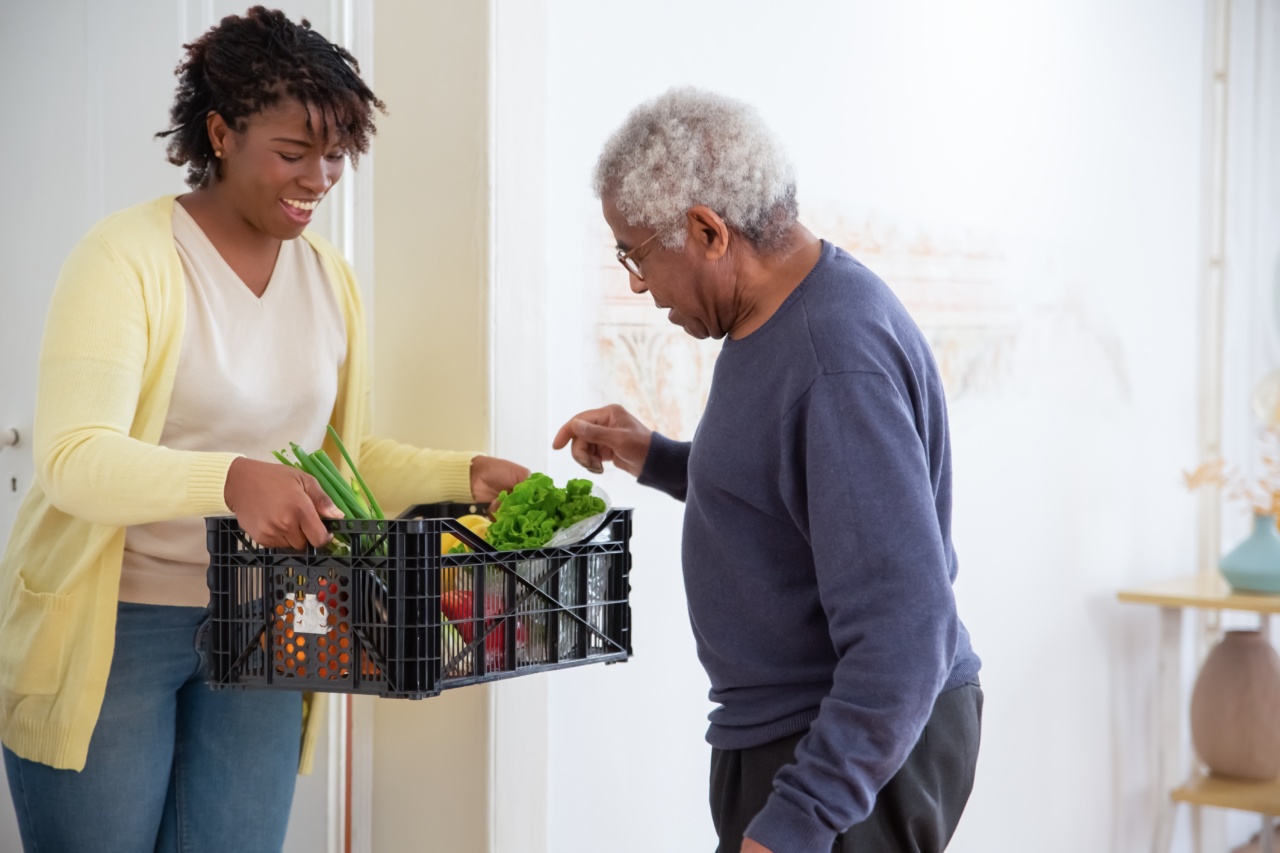Irritable bowel syndrome (IBS) is a common gastrointestinal disorder that affects millions of people worldwide. It is characterized by a group of symptoms, including abdominal pain, bloating, gas, constipation, and diarrhea.
Although IBS is not life-threatening, it can significantly impact a person’s quality of life. In this article, we will discuss ways to find relief from IBS symptoms.
Symptoms of Irritable Bowel Syndrome
The symptoms of IBS can vary from person to person but often include the following:.
- Abdominal pain and cramping
- Bloating
- Gas
- Constipation
- Diarrhea or loose stools
- Mucus in the stool
If you experience any of these symptoms and suspect you have IBS, it’s important to speak with your healthcare provider to get an accurate diagnosis.
Lifestyle Changes to Relieve IBS
There is no known cure for IBS, but there are several lifestyle changes you can make to help manage your symptoms. These include:.
- Eating a balanced diet:
- Increase your fiber intake:
- Stay hydrated:
- Exercise:
- Manage stress:
Many people with IBS find that certain foods trigger their symptoms. Keeping a food diary can help you identify which foods to avoid.
In general, it’s best to eat a balanced diet that includes plenty of fruits, vegetables, whole grains, lean protein, and healthy fats.
Fiber can help ease constipation and improve bowel movements. Try adding more fiber-rich foods to your diet, such as whole grains, fruits, vegetables, and legumes. Be sure to increase your fiber intake gradually to avoid bloating and gas.
Drink plenty of water and other fluids to reduce the risk of constipation. Avoid caffeine and alcohol, as these can irritate the digestive system.
Regular exercise can help improve digestion and reduce stress, which can trigger IBS symptoms. Aim to get at least 30 minutes of moderate exercise each day.
Stress can exacerbate IBS symptoms. Try relaxation techniques, such as deep breathing, meditation, or yoga, to help reduce stress.
Medications for IBS
If lifestyle changes are not enough to manage your symptoms, your healthcare provider may recommend medications to help relieve them. These may include:.
- Antispasmodics:
- Laxatives:
- Anti-diarrheal medications:
- Probiotics:
These medications can help reduce abdominal pain and cramping.
If constipation is a problem, your healthcare provider may recommend laxatives to help relieve it.
These medications can help slow down bowel movements and reduce diarrhea.
Probiotics are beneficial bacteria that live in the gut. They can help improve digestion and regulate the digestive system. Probiotic supplements or foods, such as yogurt or kefir, may be helpful in reducing IBS symptoms.
Alternative Therapies for IBS
There are several alternative therapies that may help relieve IBS symptoms. These include:.
- Acupuncture:
- Hypnotherapy:
- Herbal remedies:
Acupuncture involves inserting thin needles into certain points on the body to help stimulate the nervous system and reduce pain and inflammation. It may be helpful in reducing IBS symptoms.
Hypnotherapy involves using hypnosis to help a person relax and enter a state of heightened suggestibility. It may be helpful in reducing stress and anxiety, which can exacerbate IBS symptoms.
There are several herbal remedies that may help relieve IBS symptoms, including peppermint oil and ginger. Talk to your healthcare provider before taking any herbal remedies, as they may interact with other medications or have side effects.
Conclusion
Irritable bowel syndrome is a common gastrointestinal disorder that can significantly impact a person’s quality of life.
Although there is no known cure for IBS, there are several lifestyle changes, medications, and alternative therapies that may help relieve symptoms. Speak with your healthcare provider to determine the best course of treatment for your individual needs.



























